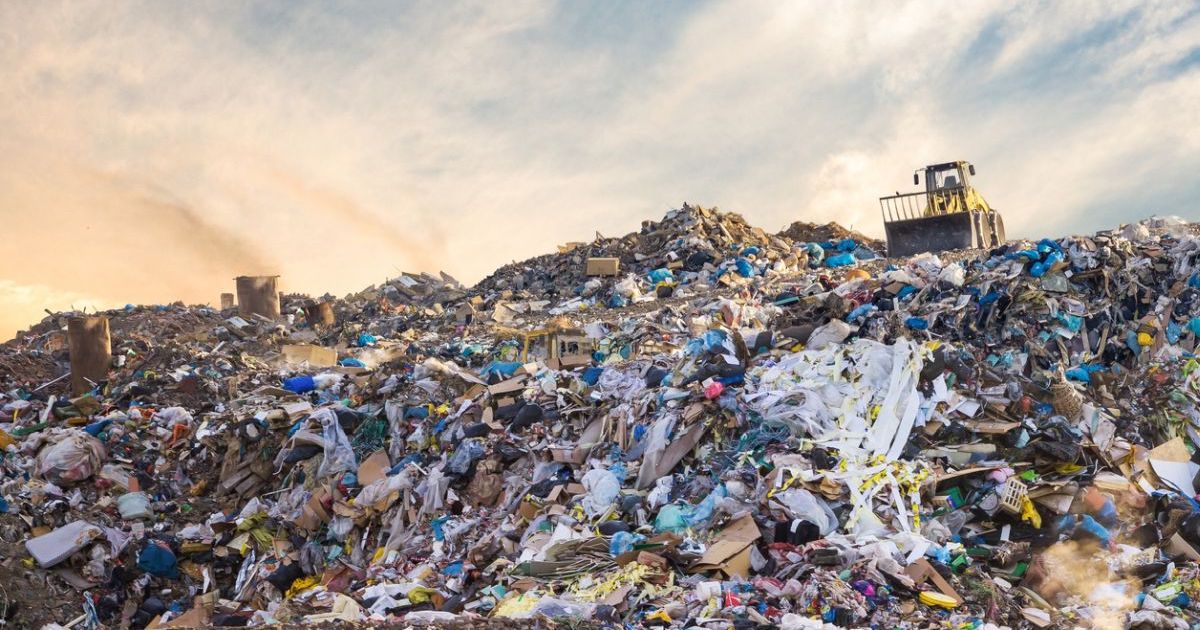Smart Waste Management: A Step Towards a Greener Future
A cleaner world begins with smarter choices — manage waste, don’t let it manage us.
In an age of rapid urbanization and industrial growth, waste management has become more critical than ever. From overflowing landfills to rising pollution levels, the improper handling of waste poses severe threats to our health and the environment. But waste isn't just garbage — it's a resource waiting to be managed wisely.
What is Waste Management?
Waste management refers to the collection, transportation, processing, recycling, or disposal of waste materials in a safe and sustainable manner. It aims to reduce the adverse effects of waste on the environment and human health while finding ways to repurpose or recycle useful materials.
Types of Waste
- Municipal Solid Waste (MSW): Everyday items discarded by the public – food waste, plastics, packaging, etc.
- Industrial Waste: Produced by factories and industries – chemicals, metals, and manufacturing by-products.
- Biomedical Waste: Generated from hospitals and clinics – syringes, gloves, expired medications.
- E-waste: Discarded electronics – mobile phones, computers, batteries.
- Agricultural Waste: Crop residues, fertilizers, pesticides, etc.
Why is Waste Management Important?
- Environmental Protection: Reduces soil, air, and water pollution.
- Public Health: Prevents the spread of diseases and harmful toxins.
- Energy Recovery: Certain waste can be converted into electricity and fuel.
- Aesthetic Urban Spaces: Clean cities attract more tourism and promote healthy lifestyles.





